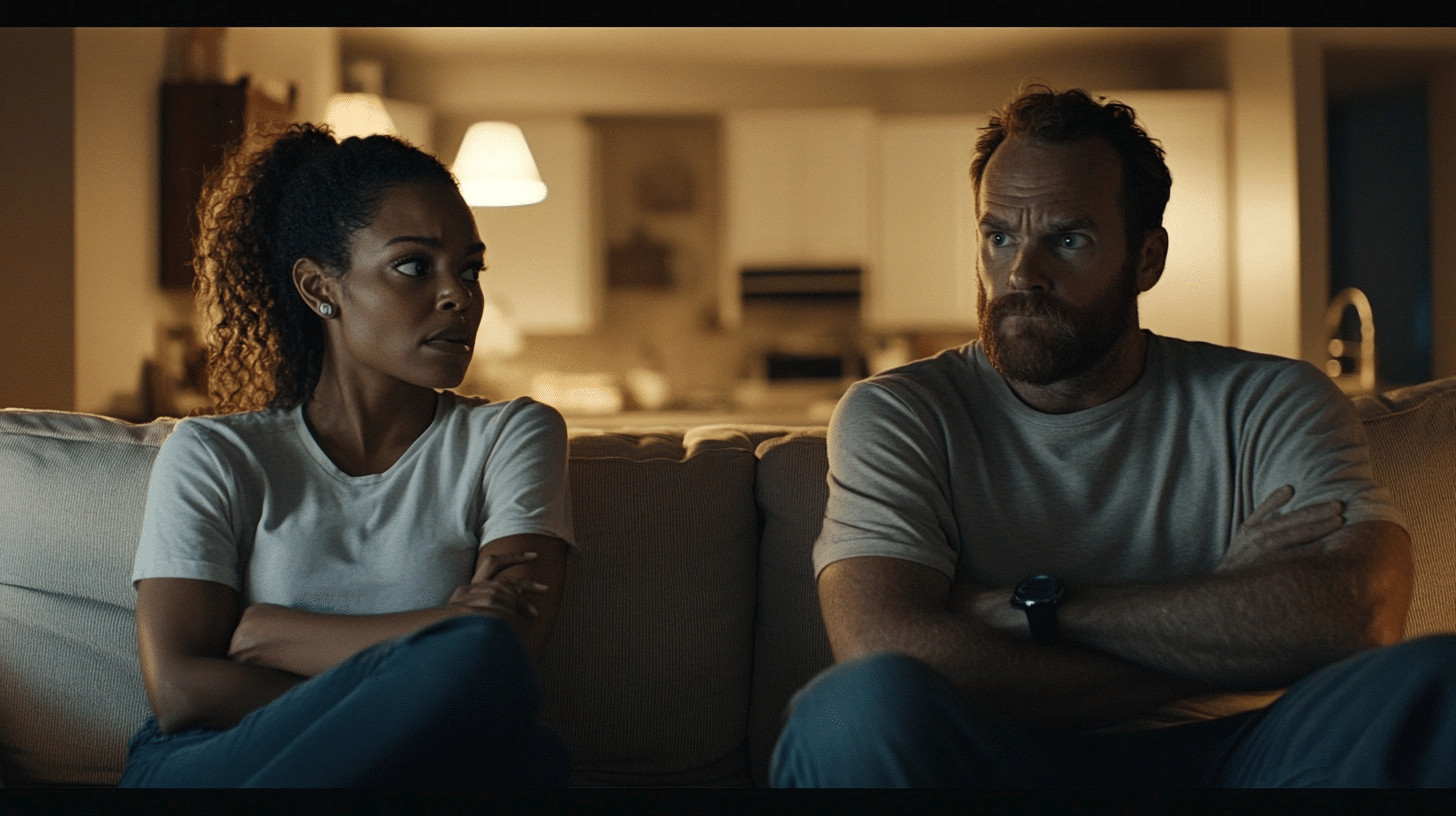You feel the cold silence at dinner. The fights that never reach a solution.
The growing distance between you and your partner makes your heart heavy each day. Marriage trouble is real, and it hurts.
We all know how hard it is to admit when a marriage might be ending. The good news is that understanding the warning signs can help you make better choices. Some marriages can heal with work, while others might need to end for your well-being.
This blog will walk you through the common stages of a failing marriage. It will provide the signs to watch for, ways to try fixing things, and how to know when it’s time to let go.
Why Marriages Fade? It’s Not Always One Big Thing
Most people believe marriages end because of one major event. The truth? Relationships rarely break overnight.
The Myth of “Sudden” Breakups
What appears as a quick split has often been slowly falling apart for months or years. Small issues build up over time until the foundation finally cracks.
Common Emotional Drifts That Go Unnoticed
Couples slowly drift apart in subtle ways: less meaningful conversation, fewer shared meals, decreased physical touch.
Trust erodes gradually. One person works late more often. The other creates distance at home. These small changes accumulate into significant gaps.
Early Signs Couples Often Ignore
Warning signals appear long before the final break: conversations become practical rather than personal, date nights disappear from calendars, and simple affection fades away.
When these patterns emerge, the marriage has already started to fade.
Stages of a Dying Marriage

Marriages rarely collapse suddenly—they fade through predictable phases over time. Understanding these stages helps couples recognize trouble early, when there’s still time to choose a path forward.
Stage 1: Disconnection Begins
This is when you and your partner start feeling distant. It doesn’t happen overnight—it’s slow and quiet.
You might notice:
- You talk less and only about chores.
- You don’t share personal thoughts anymore.
- Jokes and laughter fade away.
- Time together feels boring or forced.
It feels like living with a roommate, not a partner. No big fights yet—just a quiet feeling that something’s not right.
Stage 2: Conflict or Pulling Away
Now, your approach to problems starts to change. You might fight more or stop talking altogether.
If conflict grows:
- Small things turn into big arguments.
- Kind words turn into harsh ones.
- You want to “win” the fight.
- Old problems keep coming up.
If one pulls away:
- One or both gives the silent treatment.
- You avoid each other.
- Hugs and kisses stop.
- You stop sharing daily things.
This stage shows clear trouble and may lead to bigger decisions ahead.
Stage 3: Lost Vision and Intimacy
You no longer feel like a team. You’re on different paths now.
Signs included:
- You have different plans for the future.
- You argue about life goals.
- Making big choices is hard.
Also, you grow apart emotionally:
- You rarely touch or show affection.
- You stop talking deeply.
- Time together feels distant.
This stage can last a long time, but with help, couples can sometimes reconnect.
Stage 4: Emotional Separation
Now, it feels like the love is gone. You live together, but feel far apart.
Signs included:
- You don’t share your thoughts or feelings.
- You go to others (not your partner) for comfort.
- You think more about yourself than “us.”
- You stop caring about your partner’s day.
- You feel better when they aren’t around.
This stage often occurs after a lot of pain. It feels safer to stay apart, but that creates more distance.
Stage 5: Heal or Let Go
You’ve reached a turning point. It’s time to decide—try to fix things or move on.
Signs you’re here:
- You’ve tried to fix things, but nothing has changed.
- You feel more sad than angry.
- You think about life without your partner.
- You’re starting to accept what’s happening.
Take your time. Think about what’s best for you. Whether you heal or let go, you can still move forward with strength.
Does a Second Chance Work?

Some marriages can heal with focused work; couples who want to save their bond need to start by rebuilding trust.
This means keeping promises, both big and small. It takes time to repair what broke, but each kept word adds a new brick to the foundation.
Clear talks help fix broken bonds. Couples should:
- Set aside time for real discussions without phones or TV
- Use “I feel” phrases instead of blame
- Listen fully before planning a response
- Ask questions to check understanding
Professional help often makes a big difference. Couples who seek therapy gain tools they might not find on their own. A good match with a counselor can teach new ways to solve old problems.
From Heartbreak to Healing

Finding Strength in Letting Go
The decision to end a marriage often follows long periods of pain; those who make this choice show bravery by facing reality.
Grieving becomes essential, not just for losing a partner, but for the dreams and shared history that end too.
Healing happens on personal timelines. Those who rush this process often find pain waiting later.
Creating Healthy Boundaries
Clear boundaries with an ex-partner help both move forward:
- Specific communication rules
- Plans for shared responsibilities
- Agreements about social connections
Self-Care as Foundation
Basic self-care becomes vital: sleep, nutrition, and physical movement. Small daily habits support healing:
- Regular outdoor time
- Meals with supportive friends
- Calming evening routines
These acts remind a person of their worth during difficult times.
Learning Through Reflection
Honest reflection turns pain into growth. This means looking at patterns without blame or shame.
Writing thoughts helps many process complex feelings and gain clarity. This work prevents carrying old problems into new relationships.
Building a New Life
New routines create stability:
- Fresh interests and activities
- Changed living spaces
- New personal traditions
Conclusion: Your Story Isn’t Over
Each marriage has its path. Some find their way back to love through hard work and care.
Others need to close that chapter for a new start. No matter which road you take, your story doesn’t end with a broken marriage.
Don’t walk this path alone. Talk to friends, find a support group, or speak with a trained expert.
You have more strength than you know. Take just one small step today, it could be as simple as making a phone call or writing down your feelings.
















